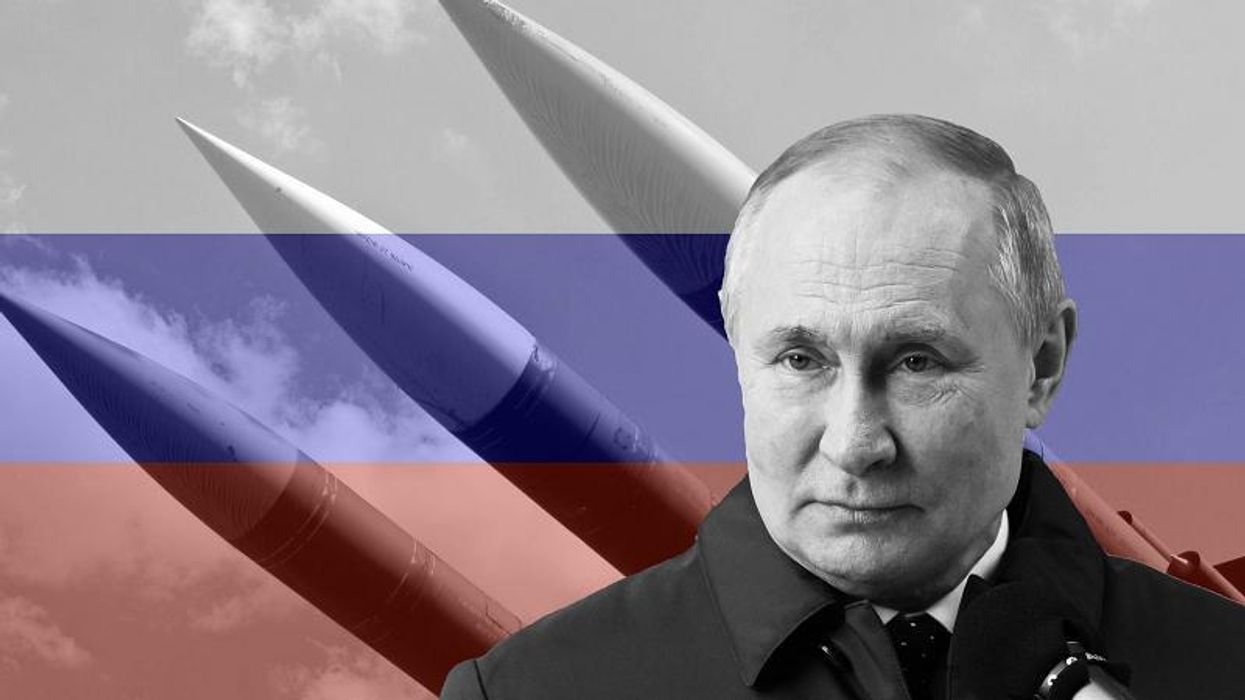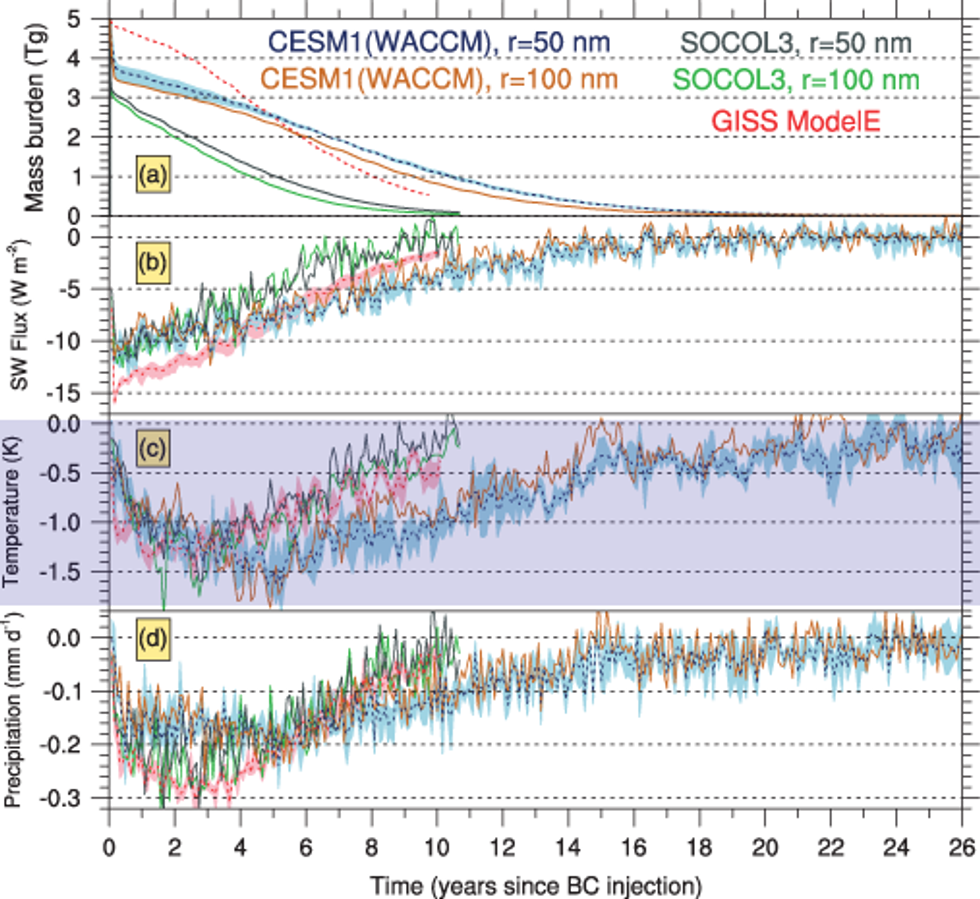Indy100 Staff
Mar 02, 2022
Will the war in Ukraine go nuclear? Putin's order to ready Russia’s ...
Euronews
Vladimir Putin started his Ukraine invasion last week and has since put strategic nuclear weapons forces on high alert, prompting fears over a nuclear war.
The Russian leader blamed his actions on "unfriendly actions in the economic sphere" and claimed Nato members had made "aggressive statements" towards Russia.
Kremlin spokesman Dmitry Peskov singled out Foreign Secretary Liz Truss' remarks, saying they were the reason for Russia's escalation.
Some experts suggested it's unclear whether Putin would act on a nuclear attack, but others completely quashed the possibility, stating that the mutual destruction would be too great.
Defence Secretary Ben Wallace threw cold water over the concerns, saying Putin's phrasing is a "battle of rhetoric".
Wallace told BBC Breakfast Putin wanted to remind people he had a deterrent: "We don't see or recognise in the sort of phrase or the status he described as anything that is a change to what they have currently as their nuclear posture.
"This is predominantly about Putin putting it on the table just to remind people, remind the world, that he has a deterrent.
"We will not do anything to escalate in that area, we will not do anything to feed any miscalculation, we take it very, very seriously.
"But at the moment this is a battle of rhetoric that President Putin is deploying, and we just have to make sure we manage it properly."
Sign up to our free Indy100 weekly newsletter
So what happens?
Apart from potentially hundreds of thousands of deaths, five megatons of black carbon are thrust into the atmosphere. Black carbon absorbs heat from the sun before it reaches the earth, while some of it comes back down as rain.
Which sounds bad – because it is – as it causes atmospheric cooling.
The effect it has on the temperature is profound - just look at the highlighted section in the below chart.
It's only a couple of degrees globally, you say - but this can do a lot.
Earth's falling temperature causes a few things, among which is less rain - nine per cent less than usual five years after the strikes, which has an effect on crops, combined with increased frost.
In addition, the Earth's ozone layer is depleted by around 20 to 25 per cent in five years, recovering to about 8 per cent thinner in ten years.
More sunburns and skin cancer occurs because of the depleted ozone layer, and fewer crops grow.
This can lead to food shortages, even famine in some regions.
Top 100
The Conversation (0)















